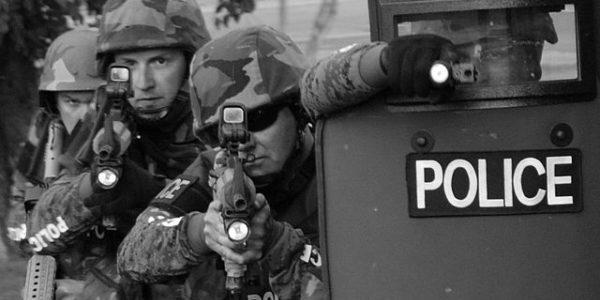(Headline USA) The Pentagon is developing plans to restructure the National Guard in Washington, D.C., in a move to address problems highlighted by the response to the J6 protests.
The changes under discussion would transfer the District of Columbia’s aviation units, and exchange, the district would get more military police, which is often the city’s most significant need, as it grapples with crowd control and large public events.
Several current and former officials familiar with the talks spoke on condition of anonymity to discuss internal deliberations. They said no final decisions have been made.
A key sticking point is who would be in control of the D.C. Guard — a politically divisive question that gets to the heart of what has been an ongoing, turbulent issue.
Across the country, governors control their National Guard units and can make decisions on deploying them to local disasters and other needs. But D.C. is not a state, so the president is in charge but gives that authority to the defense secretary, who generally delegates it to the Army secretary.
According to officials, Defense Secretary Lloyd Austin is weighing two options: maintaining the current system or handing control to U.S. Northern Command, which is in charge of homeland defense.
Senior officials have argued in favor of Northern Command, which would take control out of the hands of political appointees in Washington who may be at odds with the D.C. government, and giving it to nonpartisan military commanders who already oversee homeland defense. Others, however, believe the decision-making should remain at the Pentagon, mirroring the civilian control that governors have on their troops.
The overall goal, officials said, is to reform the guard and ensure it has the units, equipment and training to do the missions it routinely faces.
Within the Pentagon, however, there are broader concerns that D.C. is too quick to seek National Guard troops to augment law enforcement shortfalls in the city that should be handled by police.
The restructuring is an effort to smooth out the process and avoid communications problems if another crisis erupts.
Adapted from reporting by the Associated Press

